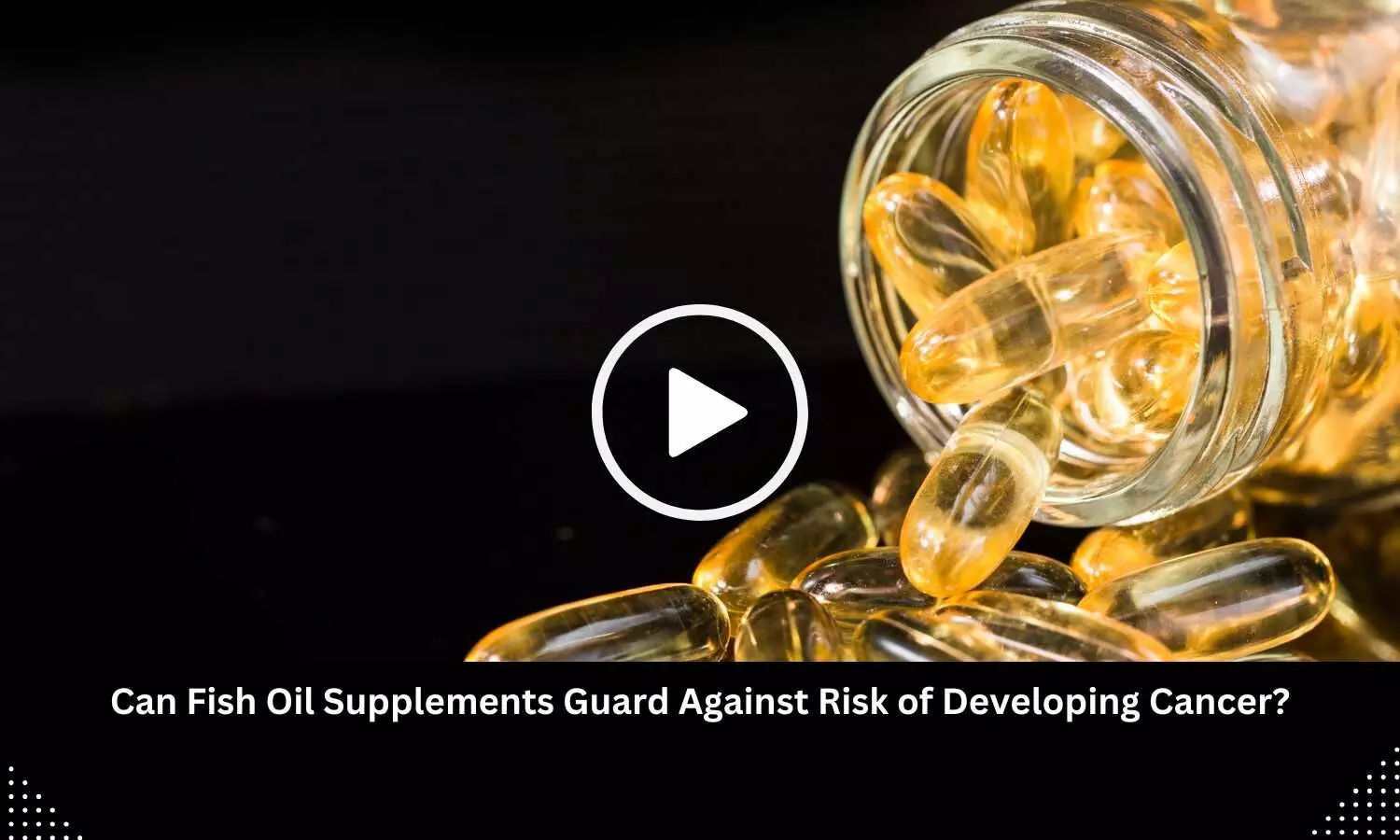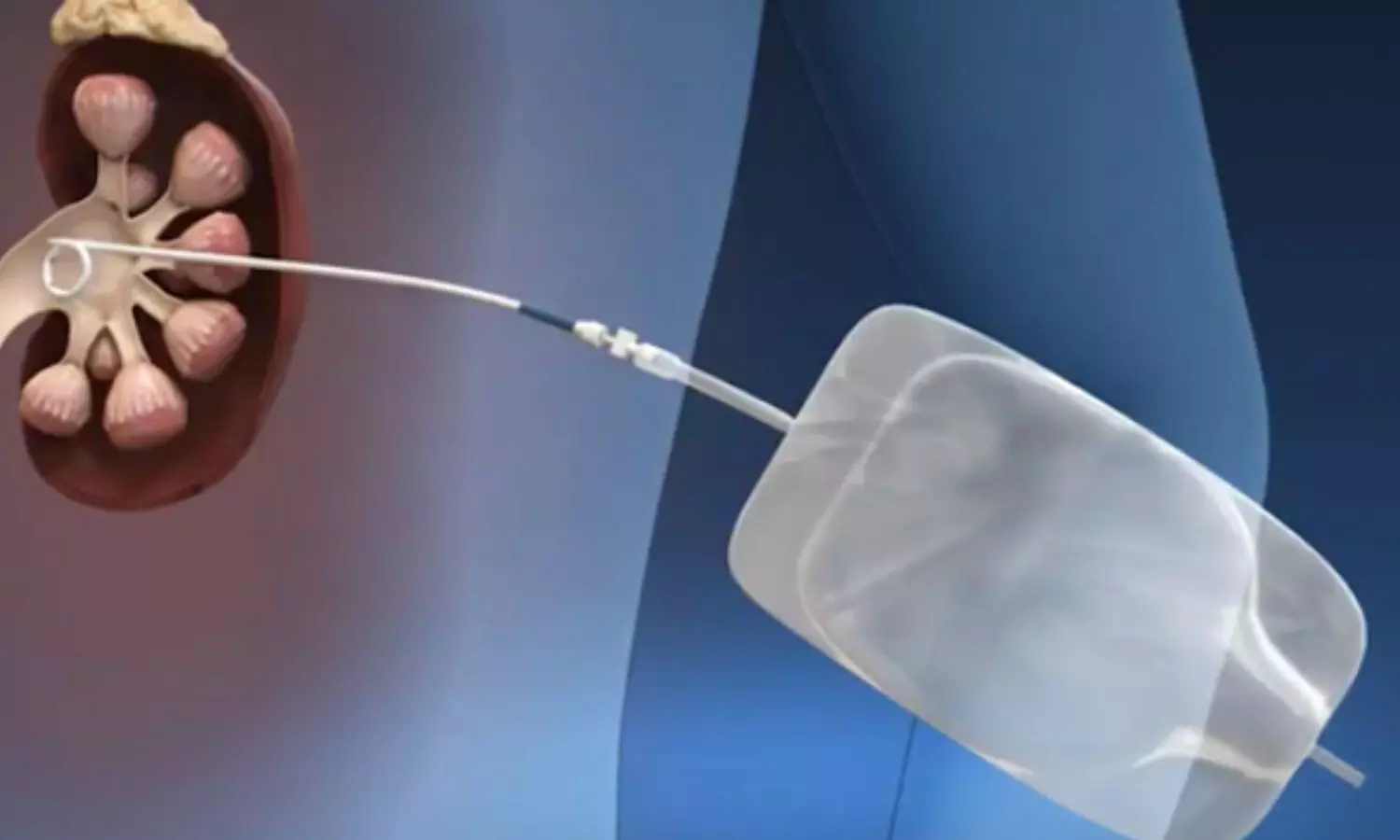- Home
- Medical news & Guidelines
- Anesthesiology
- Cardiology and CTVS
- Critical Care
- Dentistry
- Dermatology
- Diabetes and Endocrinology
- ENT
- Gastroenterology
- Medicine
- Nephrology
- Neurology
- Obstretics-Gynaecology
- Oncology
- Ophthalmology
- Orthopaedics
- Pediatrics-Neonatology
- Psychiatry
- Pulmonology
- Radiology
- Surgery
- Urology
- Laboratory Medicine
- Diet
- Nursing
- Paramedical
- Physiotherapy
- Health news
- Fact Check
- Bone Health Fact Check
- Brain Health Fact Check
- Cancer Related Fact Check
- Child Care Fact Check
- Dental and oral health fact check
- Diabetes and metabolic health fact check
- Diet and Nutrition Fact Check
- Eye and ENT Care Fact Check
- Fitness fact check
- Gut health fact check
- Heart health fact check
- Kidney health fact check
- Medical education fact check
- Men's health fact check
- Respiratory fact check
- Skin and hair care fact check
- Vaccine and Immunization fact check
- Women's health fact check
- AYUSH
- State News
- Andaman and Nicobar Islands
- Andhra Pradesh
- Arunachal Pradesh
- Assam
- Bihar
- Chandigarh
- Chattisgarh
- Dadra and Nagar Haveli
- Daman and Diu
- Delhi
- Goa
- Gujarat
- Haryana
- Himachal Pradesh
- Jammu & Kashmir
- Jharkhand
- Karnataka
- Kerala
- Ladakh
- Lakshadweep
- Madhya Pradesh
- Maharashtra
- Manipur
- Meghalaya
- Mizoram
- Nagaland
- Odisha
- Puducherry
- Punjab
- Rajasthan
- Sikkim
- Tamil Nadu
- Telangana
- Tripura
- Uttar Pradesh
- Uttrakhand
- West Bengal
- Medical Education
- Industry
Habitual Fish Oil Use Reduces Risk of Kidney Stones in Individuals with Genetic Risk, reveals study

A groundbreaking study found that habitual usage of fish oil was associated with a lower risk of new-onset kidney stones in individuals having a low or intermediate genetic risk of kidney stones. The study results were published in the Journal of Clinical Lipidology.
Kidney stones or renal stones are common, expensive, and painful diseases affecting several people worldwide. The presence of renal stones significantly increases the risk of metabolic, cardiovascular, and inflammatory diseases. Evidence shows that inflammation and hyperlipidemia play a vital role in the pathogenesis of renal stones. Hence, anti-inflammatory and lipid-lowering treatments or supplements are necessary to prevent the development of renal stones. Previous research shows that fish oil supplementation has potential health benefits as it can reduce blood pressure and triglycerides levels as well as pose anti-inflammatory effects. Hence, researchers from Nanfang Hospital conducted a study to assess the association between habitual fish oil use and new-onset kidney stones in participants with different levels of genetic risks of kidney stones.
A prospective cohort study was carried out by recruiting approximately 500,000 participants aged 37–73 years from the UK biobank. Individuals with kidney stones at baseline as determined by self-report or hospitalization records and used fish oil and having information on the kidney stone's genetic risk score were included in the study. Fish oil usage was determined through a food frequency questionnaire (FFQ) and a series of 24-hour dietary recalls. Based on the fish oil usage individuals were categorized into constant nonusers, occasional users, modest users, and moderate-high users. Participants were categorized into three groups low risk, moderate risk, and high risk based on the genetic risk categories. The main outcome was the new-onset kidney stones.
Findings:
- During a median follow-up of 12.0 years, 5,637 cases of kidney stones were documented.
- The study found that high genetic risks of kidney stones had a higher prevalence of developing new-onset kidney stones.
- The habitual use of fish oil was associated with a lower risk of new-onset kidney stones when compared with those who did not use it in participants with low or intermediate genetic risks.
- However, the same was not reflected in those with high genetic risks of kidney stones.
- Individuals with low to intermediate risks have a lower risk of kidney stones with frequent fish oil use while modestly constant users have the most significant reduction in the risk.
Thus, the study concluded that habitual fish oil use was associated with a lower risk of new-onset kidney stones in participants with low or intermediate genetic risk of kidney stones. This study reinforces the importance of fish oil intake against the development of gene-less-determined kidney stones.
Further reading: Gan X, Liu M, He P, et al. Habitual fish oil supplementation, genetic susceptibility of kidney stones and the risk of new-onset kidney stones. J Clin Lipidol. 2024;18(1):e116-e124. doi:10.1016/j.jacl.2023.11.013
BDS, MDS
Dr.Niharika Harsha B (BDS,MDS) completed her BDS from Govt Dental College, Hyderabad and MDS from Dr.NTR University of health sciences(Now Kaloji Rao University). She has 4 years of private dental practice and worked for 2 years as Consultant Oral Radiologist at a Dental Imaging Centre in Hyderabad. She worked as Research Assistant and scientific writer in the development of Oral Anti cancer screening device with her seniors. She has a deep intriguing wish in writing highly engaging, captivating and informative medical content for a wider audience. She can be contacted at editorial@medicaldialogues.in.
Dr Kamal Kant Kohli-MBBS, DTCD- a chest specialist with more than 30 years of practice and a flair for writing clinical articles, Dr Kamal Kant Kohli joined Medical Dialogues as a Chief Editor of Medical News. Besides writing articles, as an editor, he proofreads and verifies all the medical content published on Medical Dialogues including those coming from journals, studies,medical conferences,guidelines etc. Email: drkohli@medicaldialogues.in. Contact no. 011-43720751




